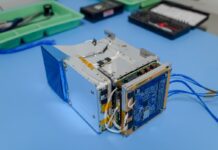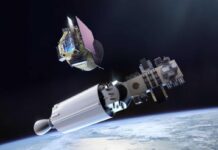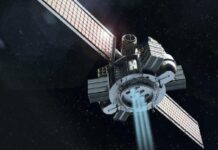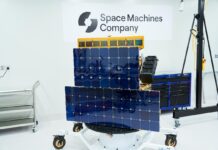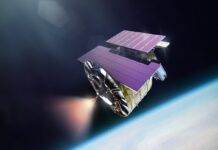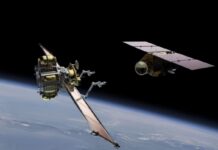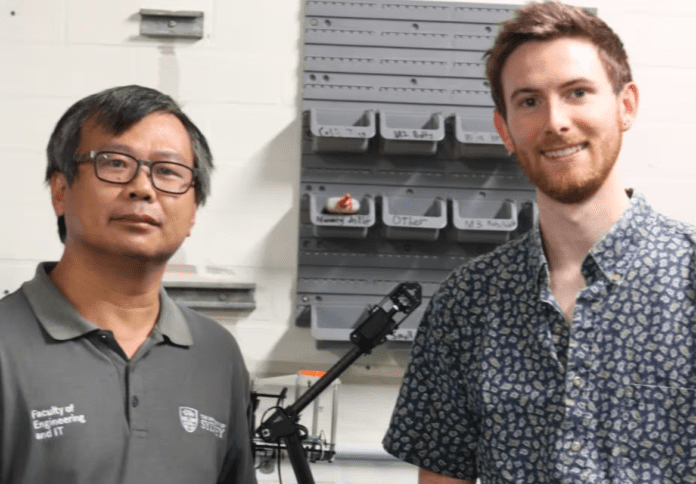
Engineers from the University of Sydney have spearheaded a new project to develop robotic technologies for the in-orbit maintenance of vital space infrastructure.
As part of the $2.3 million autonomous “in-situ” satellite maintenance project, the university has partnered with SmartSat CRC, New South Wales-based ANT61, Space Machines Company, Specrospace, and Spiral Blue.
Performing maintenance work on satellites in orbit is a challenging ordeal with harsh space conditions, the potential risk of damaging expensive assets, and difficulties managing stability during maintenance.
Project lead Dr Xiaofeng Wu, senior lecturer in Space Engineering at the School of Aerospace, Mechanical and Mechatronic Engineering, said developing foundational Australian In-Space Servicing, Assembly, and Manufacturing (ISAM) capabilities will help meet Australia’s future sovereign needs.
Wu said it will also equip local companies with advanced technologies and provide them with advantages in the global ISAM and broader space industry.
“Australia needs to start laying the groundwork now to compete in this vital and emerging USD 14.3 billion market. The University of Sydney is ideally positioned to play a leading role in establishing the country’s first integrated set of core capabilities for autonomous orbital robotics. This core capability set will enable Australian industry to undertake advanced, fit-for-purpose, autonomous robotic satellite missions to meet commercial, civil and defence needs,” said Wu.
The University of Sydney-led ISAM project will address high-level, artificial intelligent-driven onboard automation for mission operations, ensuring real-time performance in harsh space conditions.
It will also focus on developing advanced sensing to detect far-away objects and aid navigation in challenging lighting.
The project also aims to address fault-tolerant navigation systems for accurate detection and tracking in a variety of space environments and small objects while using limited hardware and computational resources.
Professor Andy Koronios, CEO of SmartSat CRC, emphasised the importance of research on ISAM technologies for Australia’s local industry as it joins the emerging global supply chain within the field.
“With the number of satellites and spacecraft in orbit increasing rapidly, there’s a greater likelihood of malfunctions and collisions. Being able to service and upgrade satellites in-situ, thereby extending their lifespans, will be a crucial capability for governments and the private sector alike,” Professor Koronios said.


